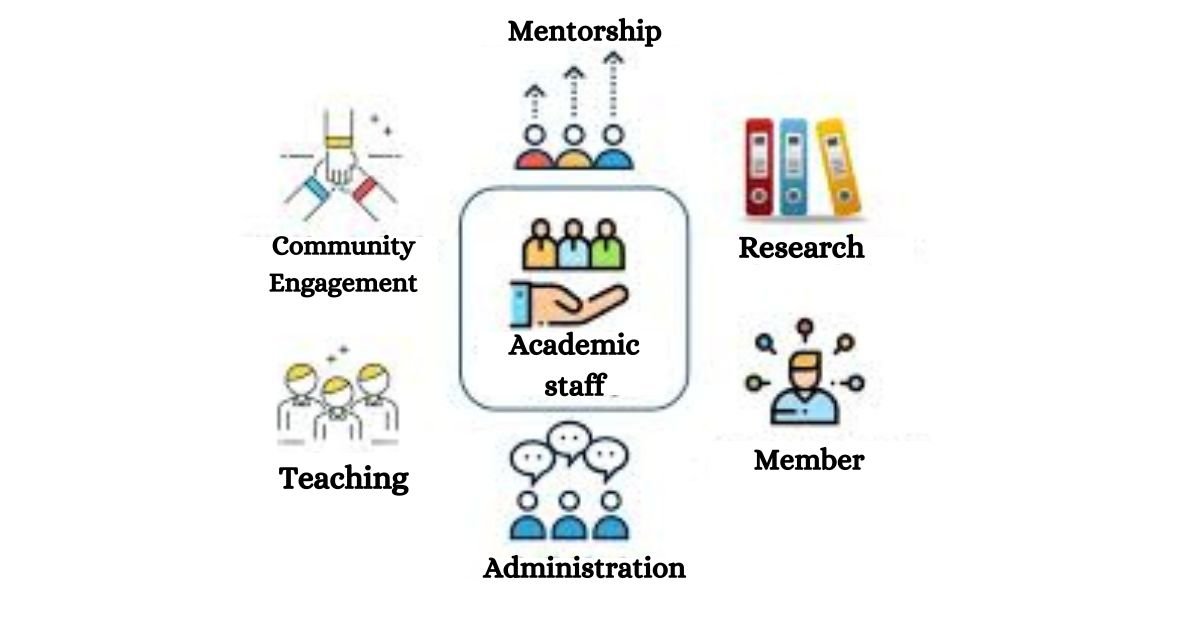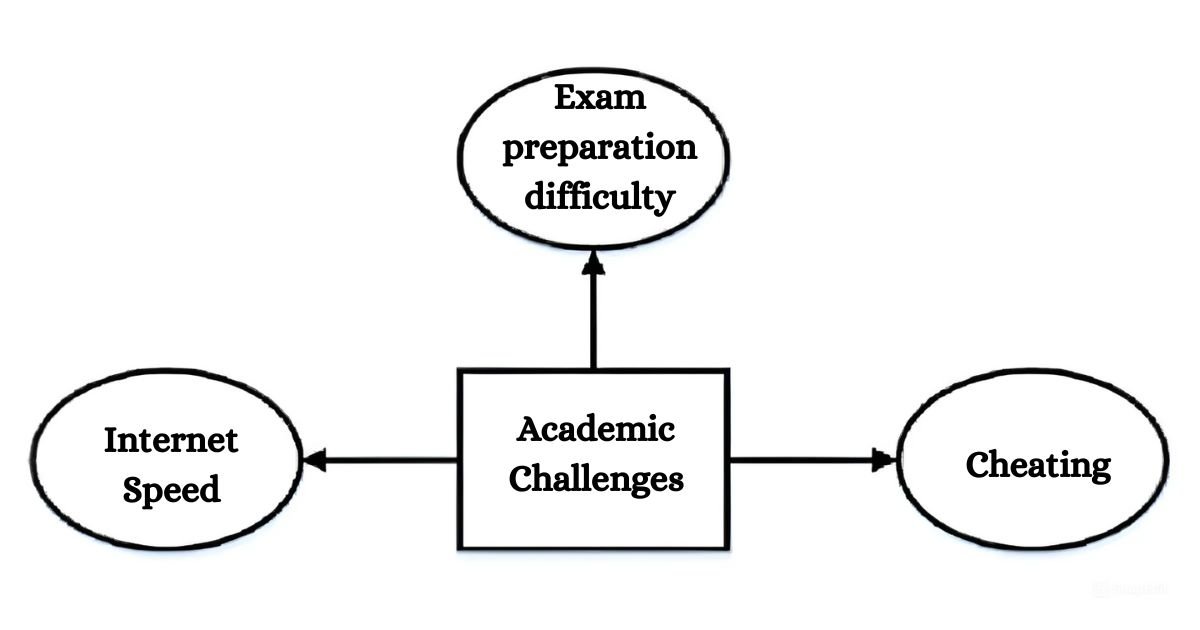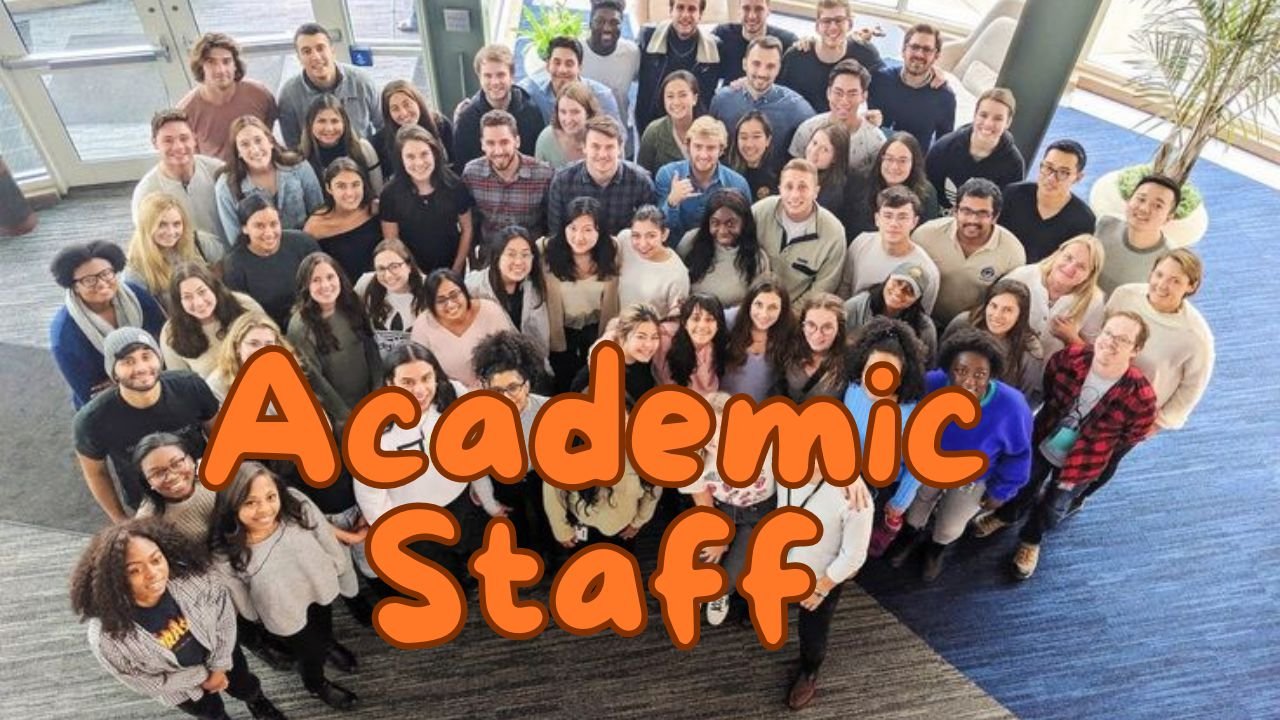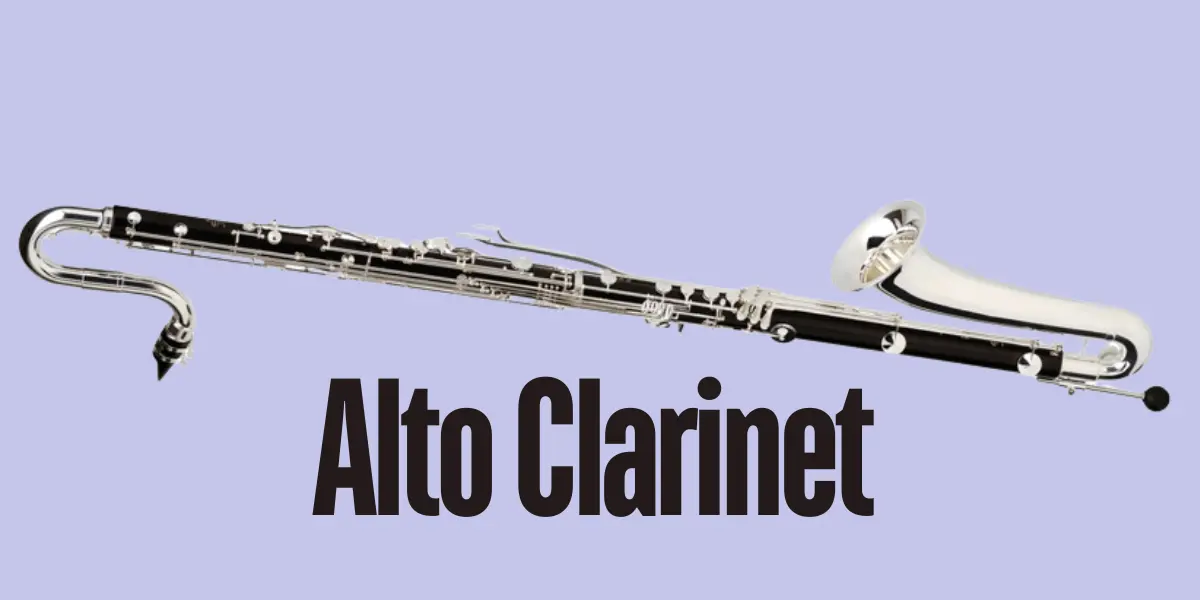Faculty also called academic staff is a main component of all educational institutions. They are the ones who make the decisions about the education, and the research, and the academic staff support. In this article we explore more about of Academic Staff his roles and responsibilities, careers, challenges and more read this article to the end.
What is Academic Staff
Academic personnel are individuals who are employed at educational institutions to support students in their learning and manage the operations of the school effectively. This involves educators who both instruct courses and conduct research, along with other employees who assist in program management, student support, and school operations. Collaboratively, they ensure that the school fosters a positive environment for education and personal development.
Features in Academic staff

The positions and tasks of academic staff are so complex and the ground beyond teaching and research is so wide.
Teaching: The major activities of the department are to teach classes, conduct seminars, assist students in their projects, and assess their performance.
Research: They must bear the responsibility for the progress of science by way of study. This is the research, actually writing research papers and the presentations at the conferences.
Mentorship: They are the ones who guide the students in their academic path, and at the same time, they offer them advice and encouragement, and also, they help to make the right decision on their future professions.
Administration: Besides the ones already mentioned, Noah, the teachers may also have to deal with the duties of departments, being on committees, and planning the strategy.
Community Engagement: The majority of the professionals are involved in community activities, wherein they utilize their professional skills to solve social problems and to the advantage of the public.
Qualifications For Academic Staff
On the other hand, the vast majority of academics are professors. D. or scholarly doctor-level degree in their field8. For instance, in the UK the main candidacy for academical position is undoubtedly a Ph. D.
postgraduate, doctoral degree, namely three to four years of further studies in research, and finally research competence thereof, i.e., various publications, H-index, and research grants.
Career Progression in Academic Staff
The hierarchy of a typical academic career progression would be Ph. 1. student worker, then can take on different roles, from an academic researcher to lecturer or group leader, and can then go on to jobs such as Head of School or Head of Institution.
Academic staff and research staff have established a mechanism allegedly for the reason of surpassing the funding regulations that do not allow many fellowships to be received by the people who do not have, nor have ever had, a permanent academic staff position.
Challenge Faces In Academic Staff

Academic staff members, in turn, are faced with a number of obstacles which include heavy workload, and under-resourcing of the institution. There is also a work-life imbalance. They are then undermined by the challenge of segregating research and teaching undertakings, as well.
The expanding staff recruitment and retention of skilled, knowledgeable, lecturers, researchers, and professional workforce for the higher education field has been an enormous obstacle.
Advantages Or Disadvantages
Academic personnel, range from designed to informing students to research and community engagement. To them, there is freedom of choice, devotion to their interests, and enjoyment of a high degree of independence. In addition, they encounter issues like hefty workloads, scarce tool availability, and mixing the reading and teaching tasks.
The need to secure funding and to publish as well significantly adds to the causing of stress. Nevertheless, an academic staff member has a great impact as to the education and research in schools and universities.
Conclusion
In colloquial language, academic staff is a key component of the working machinery of educational institutions of all levels. They do more than teaching and research because they also have roles like advising, administration, and participation in local service. These educators, although they face the obstacles associated with their jobs, yield fruits for knowledge and students who wish to succeed in all fields. As the scenery of higher education is turning into something different, academic administrators will be further endeavoring at transforming their roles to accommodate the demands and needs of students as well as society.



